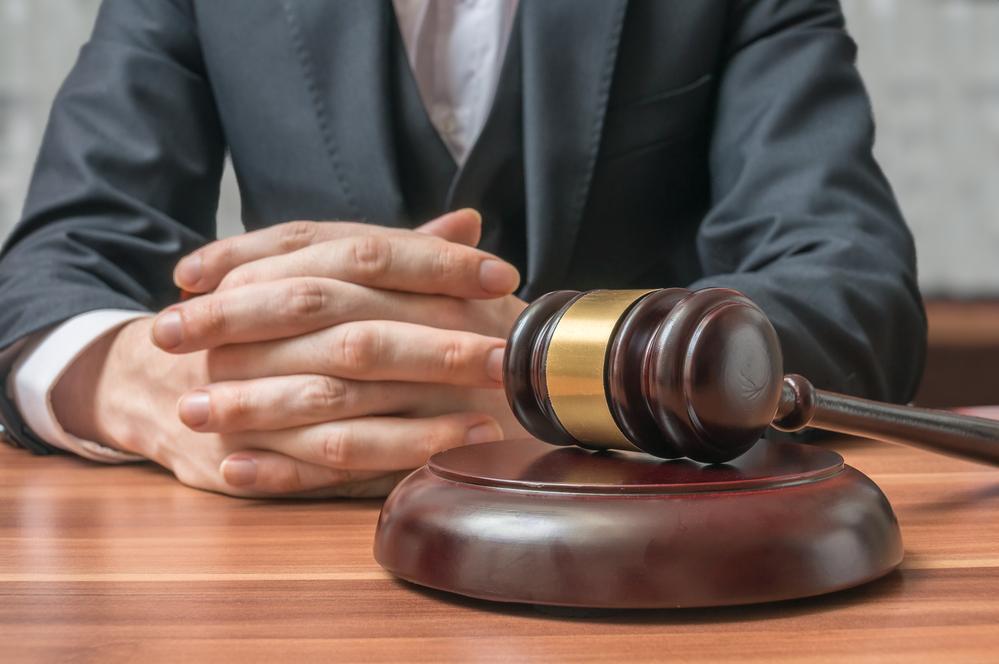In a racial profiling claim filed against the Royal Netherlands Marechaussee — a judge in The Hague overruled the case as there’s no conflict found between the prohibition of discrimination and the Marechaussee’s protocol.
The Royal Marechaussee (Koninklijke Marechaussee), one of the four branches of the Dutch Armed Forces, perform military and civilian duties such as border control, airport security, and can be deployed worldwide in certain cases.
The case filed by Amnesty International, NJCM, Radar Foundation, Control Alt Delete, and two individuals, was aimed at the Marechaussee’s Mobile Security Surveillance (Mobiel Toezicht Veiligheid — MTV) checks. The Marechaussee carries out these checks on roads, trains, water transport, and air traffic for people who travel from a Schengen country.
The complaint detailed that people with dark skin are more likely to be picked from the queue for an intensive check — an incident that happened to Mpanzu Bamenga when coming back to the Netherlands from a Rome trip.
Nationality vs. ethnicity
When picked out of a line by the Marechaussee for an extra check in Eindhoven Airport, Bamenga asked what was going on and he received “we are looking for criminals and asylum seekers” as a response.
According to state lawyer Cécile Bitter, who was defending the Marechaussee’s case today, there’s no ethnic discrimination happening — however, nationality can be a reason to stop someone.
Based on the judge’s ruling, a person’s ethnicity can be an indication of their nationality or residence status. “That is not necessary, but it is possible. It is also important that ethnicity is never the only reason for control.” 🤔
Jelle Klaas, the complainants’ lawyer, expects an appeal for today’s verdict — stating that “the door to discrimination is wide open. That is harmful, for everyone in the Netherlands, but also for the military police.”
Follow DutchReview on Facebook and Instagram for the latest news from the Netherlands.
Feature Image: vchalup2/Depositphotos



